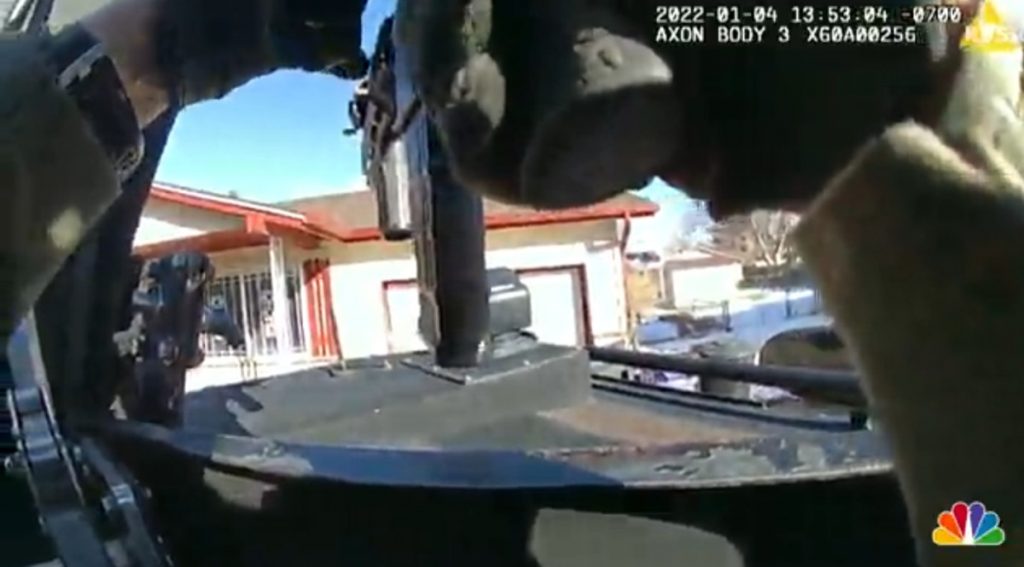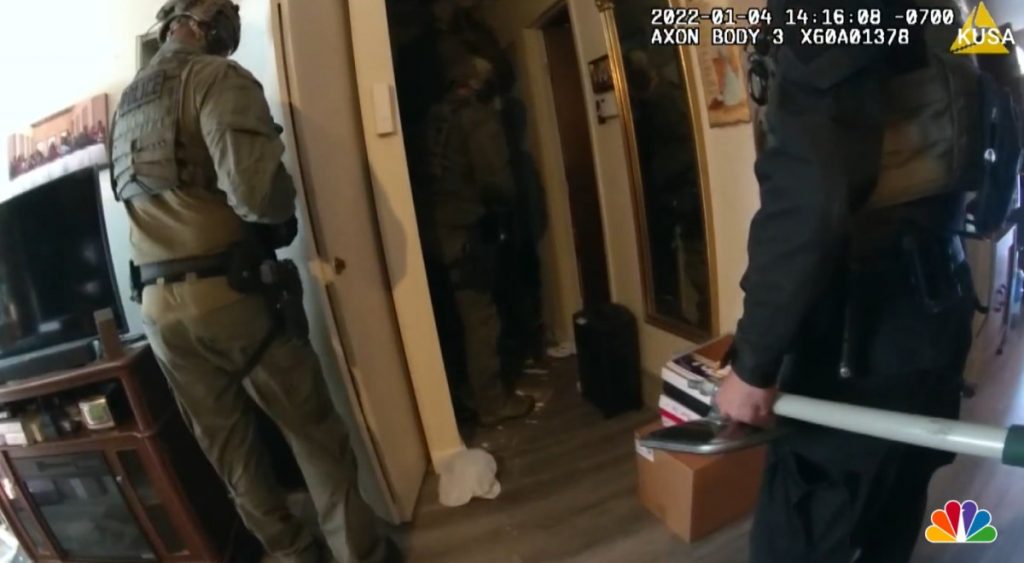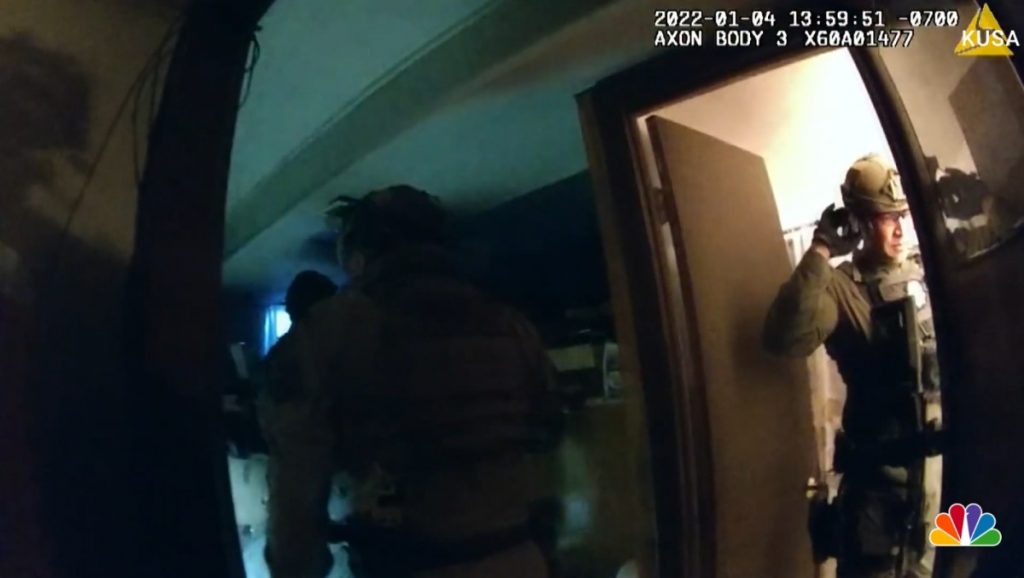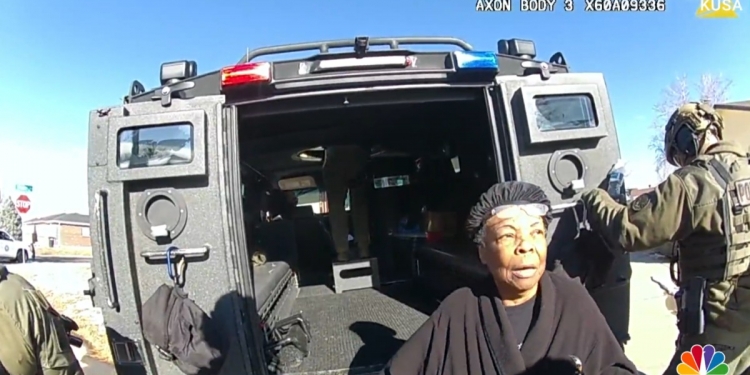A 77-year-old grandmother in Colorado was raided by a SWAT team after “Find My” allegedly pinged her house as the location of a stolen iPhone 11. On the 3rd of December 2022, a truck containing six firearms, two drones, USD4,000 in cash (~RM17,522) and an iPhone 11 was stolen from a Denver Hyatt hotel.
The owner of the truck was interviewed by a detective Gary Staab, who was informed by the owner that their Find My app had pinged the iPhone 11’s location to a residential address twice the day before. Reports indicate that the detective then drafted an affidavit to search the resident’s home, which led to the SWAT raid.

During the raid, 77-year-old Ruby Johnson was placed in a police vehicle before the raid was carried out. It was reported that officers used a battering ram to destroy her garage door and door frame, and during the search, they also destroyed property in her home as they were searching. None of the stolen property was found in the house.

Johnson is now suing Staab over the search itself and the destruction, alleging that Staab’s affidavit violated Johnson’s rights to “be free of unreasonable searches and seizures”. It also alleges that Staab failed to corroborate the location independently before conducting the raid.

Apple’s Find My feature built into a bunch of their devices isn’t meant to provide you with the exact location of any device. It’s designed to provide you with an approximate location, and depending on the location the radius of accuracy can vary. There’s a reason why smaller devices like AirTag and AirPods Pro 2 have the ping and precision finding feature to narrow down the location.
From the reports we’re not sure what information was presented to the detective during their interview of the truck owner, but for a Find My ping to be enough grounds for a full on tactical raid is a little scary.







